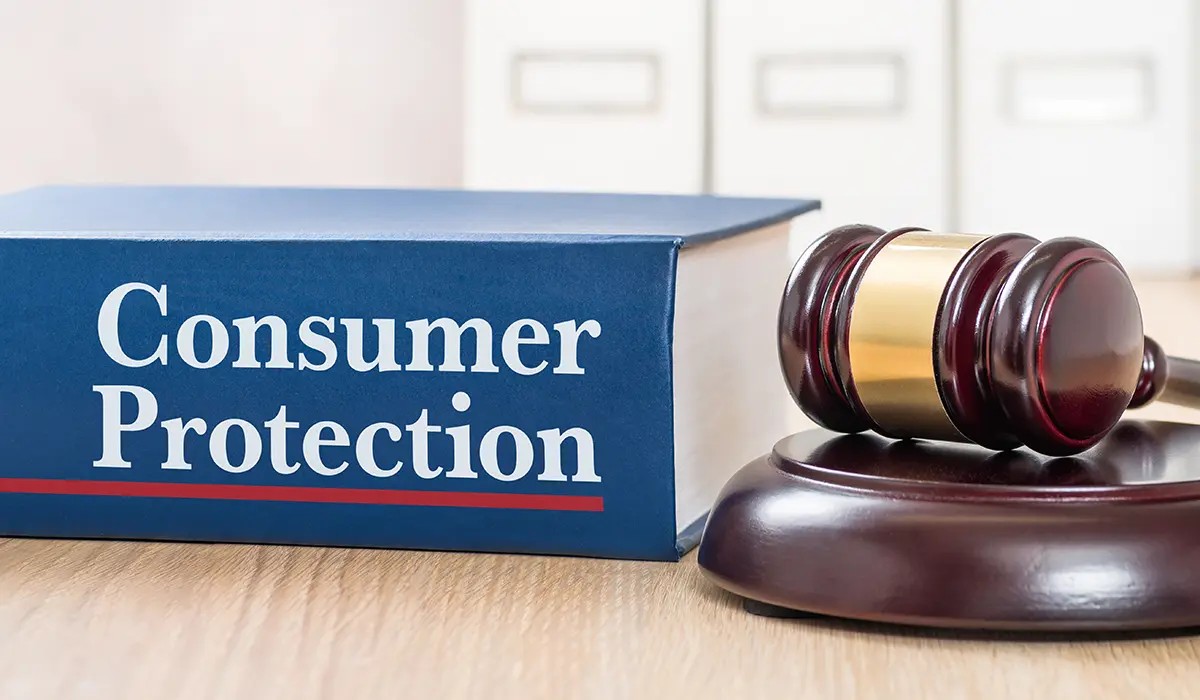What Happens During a Consumer Protection Lawsuit in the UK?
If you’ve been sold a faulty product, misled by advertising, or received poor service, you may be entitled to take legal action under UK consumer protection laws. But what actually happens when you pursue a consumer protection lawsuit in the UK? This guide breaks down the process, your rights, and what to expect at each stage of a claim.
Understanding Consumer Protection in the UK
Consumer protection laws in the UK are primarily governed by the Consumer Rights Act 2015. This legislation consolidates and simplifies several key consumer protections, giving individuals the right to goods and services that are:
- Of satisfactory quality
- Fit for purpose
- As described
If these standards are not met, consumers have the legal right to seek remedies such as repairs, replacements, refunds, or compensation through litigation.
Step-by-Step Guide to a Consumer Protection Lawsuit
1. Attempting Informal Resolution
Before filing a lawsuit, it’s important to try to resolve the issue directly with the business. This may involve:
- Sending a formal complaint letter
- Requesting a refund or replacement
- Using a company’s internal dispute resolution process
In many cases, a dispute can be resolved without involving the courts. Keep written records of all communication, as this will be valuable evidence later on.
2. Seeking Help from a Third Party
If informal negotiations fail, consumers may consider contacting a regulatory body or using Alternative Dispute Resolution (ADR). This includes:
- Citizens Advice
- Ombudsman services (e.g. Financial Ombudsman, Energy Ombudsman)
- Trading Standards
ADR schemes can often resolve disputes faster and cheaper than court action.
3. Filing a Claim in the County Court (Small Claims Court)
If ADR does not lead to a resolution, the next step is to file a claim in the county court. This is often referred to as the Small Claims Court for claims under £10,000.
To begin a lawsuit, you will need to:
- Fill out a Money Claim Online (MCOL) form
- Pay a court fee (which depends on the claim amount)
- Serve the claim on the defendant (the business or trader)
The business will then have a set amount of time (usually 14 days) to respond.
4. Pre-Trial Process
If the claim is defended, both parties will be required to prepare for a court hearing. This stage may include:
- Exchanging evidence and witness statements
- Filing court documents by specific deadlines
- Possibly attending a preliminary hearing or mediation session
It’s strongly recommended to seek legal advice during this stage, particularly if the claim is complex or the defendant is represented by a solicitor.
5. The Court Hearing
At the final hearing, both sides will present their case before a judge. The court will assess:
- The nature of the breach
- The evidence presented by both parties
- Whether the consumer is entitled to a legal remedy
Most small claims hearings are relatively informal, and legal representation is not required—though it can be beneficial.
6. The Judgment
After the hearing, the judge will deliver a decision. If the claim is successful, the court may order the business to:
- Pay compensation or a refund
- Replace or repair the faulty product
- Pay the claimant’s court costs
If the claim is unsuccessful, the consumer may have to bear their own costs and could be ordered to pay the other side’s legal expenses.
What If the Business Doesn’t Comply?
If a business fails to comply with the court order, consumers can take enforcement action. This might include:
- Hiring bailiffs to recover the money or goods
- Freezing the business’s bank accounts
- Applying for a charging order on the business’s property
Enforcement actions come with additional costs and should be considered carefully.
Tips for a Successful Consumer Lawsuit
- Keep all documentation: receipts, emails, letters, contracts
- Stay calm and factual in all communications
- Meet all court deadlines and follow procedures
- Seek legal advice where appropriate
Conclusion
Pursuing a consumer protection lawsuit in the UK may seem daunting, but the legal framework is designed to help consumers access justice. Whether it’s a faulty appliance, a mis-sold service, or unfair business practices, understanding your rights and the legal process can help you take effective action. Whenever possible, aim to resolve disputes early—but don’t hesitate to use the courts if necessary.
If you’re considering legal action, consult with a solicitor or Citizens Advice to ensure your case is strong and you’re following the correct procedures.
For more information on Consumer Protection Laws contact Blake-Turner LLP.
